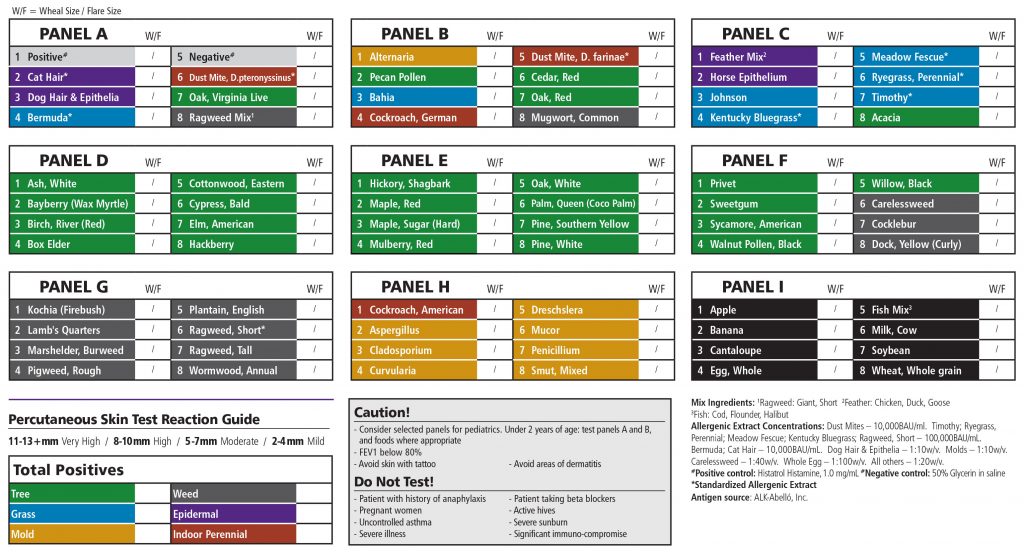 There are many different reasons why you may suffer from allergy symptoms but one of the more common reasons is due to a tree allergy. The pollen associated with trees tends to be very powdery and fine and can easily become airborne. In fact, with the wind in the Southlake area, it may even be possible for the pollen travel for many miles from a single tree. That is why you should not be surprised to learn that you have a tree allergy and are experiencing a reaction, even if you don’t have that particular tree in your local area.
There are many different reasons why you may suffer from allergy symptoms but one of the more common reasons is due to a tree allergy. The pollen associated with trees tends to be very powdery and fine and can easily become airborne. In fact, with the wind in the Southlake area, it may even be possible for the pollen travel for many miles from a single tree. That is why you should not be surprised to learn that you have a tree allergy and are experiencing a reaction, even if you don’t have that particular tree in your local area.
The pollen that triggers a tree allergy can sometimes be seen on the surface of outdoor furniture and automobiles. In reality, however, pollen is somewhat invisible and it does not need to be seen in great measures in order for it to provoke a reaction. All it typically takes is for a slight inhalation of the pollen to cause your immune system to go into overload, producing histamine in mass quantities and resulting in the uncomfortable symptoms that you are likely experiencing.
Tree pollen symptoms may differ from one individual to another, with some people suffering from mild symptoms and others having somewhat severe reactions. Some of the more common tree allergy symptoms include runny nose, itchy and watery eyes, sneezing, coughing and a skin rash. If you suffer from these symptoms, you can come to Better Faster Urgent Care to be tested and to determine if you are actually having a problem with tree pollen allergies and the specific type of tree that is causing the difficulty.
In the skin test that is given for this type of allergy, a number of different types of trees may be tested. Each is tested individually with a small pinprick to inject a minimal amount of protein that could provoke an allergic reaction. Some of the types of trees that are tested for include Ash, Bayberry, Birch, Box Elder, Oak, Elm, Cyprus, Hackberry, Hickory, Maple, Mulberry, Palm, Pine, Sweetgum, Willow and Black Walnut.
Once the protein from the allergen is injected under the skin in an area on your back, it will be observed to see if you have a reaction. Since a very small amount of protein from the allergen is being used, the reaction is going to be somewhat mild, although you may experience some itching if you have a reaction. The physician that is doing the skin test will look for a small hive or bump along with redness on the back that will help him to determine what is causing the difficulty.
If you live in the Southlake area or throughout the Dallas Metroplex, you can count on Better Faster Urgent Care for your medical needs. You can come into our walk-in clinic and you will be quickly seen by a professional medical staff and receive the same, high level care that you would receive an emergency room. We also can handle specific problems, including allergy testing.
